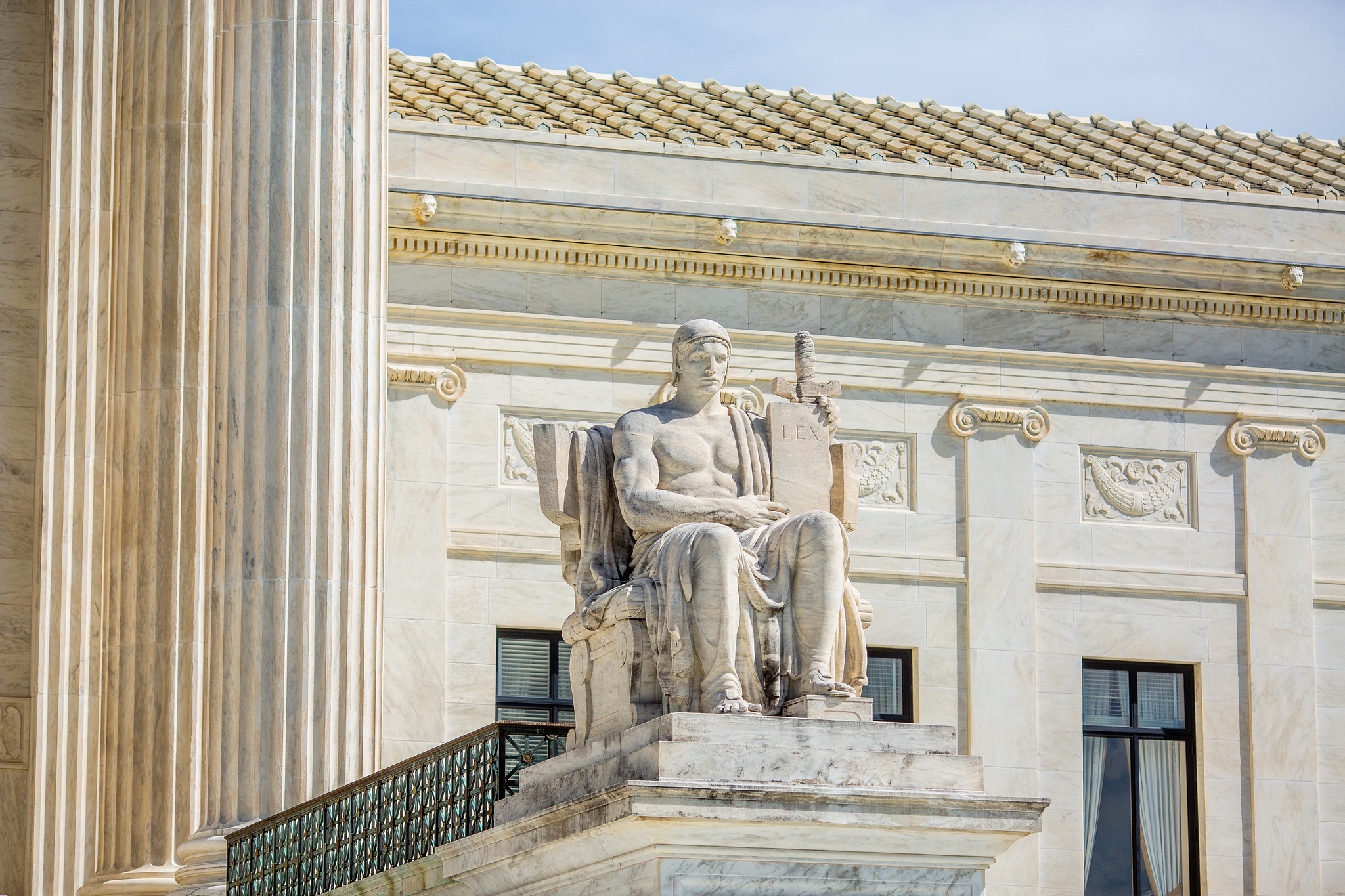OPINION ANALYSIS
Public officials can be held liable for blocking critics on social media

on Mar 15, 2024 at 11:42 am

The Supreme Court on Friday ruled that public officials who post about topics relating to their work on their personal social media accounts are acting on behalf of the government, and therefore can be held liable for violating the First Amendment when they block their critics, only when they have the power to speak on behalf of the state and are actually exercising that power.
The court’s decisions came in a pair of cases, involving local officials in California and Michigan who blocked constituents who made repetitive and critical comments on their personal social media accounts. In O’Connor-Ratcliff v. Garnier, the U.S. Court of Appeals for the 9th Circuit ruled that two school board members violated the First Amendment when they blocked two parents from their personal Facebook and Twitter accounts, which they used to provide information about the board and its work. The court of appeals reasoned that there was a “close nexus between the Trustees’ use of their social media pages and their official positions.”
But in Lindke v. Freed, the U.S. Court of Appeals for the 6th Circuit ruled that because James Freed, the Port Huron city manager, maintained his Facebook page on his own rather than as part of his job, he was not acting as a government official when he blocked a city resident – and therefore there was no First Amendment violation.
In a unanimous decision on Friday by Justice Amy Coney Barrett, the justices sent Freed’s case back for another look. Barrett acknowledged that the question before the court was a “difficult” one, “especially in a case involving a state or local official who routinely interacts with the public.” Although such officials can act on the government’s behalf, she reasoned, “Freed did not relinquish his First Amendment rights when he became city manager.”
Instead, Barrett explained, a government official’s social media posts can be attributed to the government only if the official had the authority to speak on behalf of the government and was exercising that power when he created the social media post at the center of the dispute. In a case like Freed’s, Barrett continued, involving a social media page with both personal and official posts, making such a determination will require “a fact-specific undertaking in which the post’s content and function are the most important considerations.”
Barrett also cautioned that the “nature of the technology matters” when determining whether an official acted on behalf of the government: Although deleting comments allows an official to target only personal posts, blocking someone from a social media page that contains both personal and official posts could also prevent someone from commenting on official posts. “A public official who fails to keep personal posts in a clearly designated personal account therefore exposes himself to greater potential liability,” she warned.
In a brief unsigned opinion that followed Barrett’s decision in Freed’s case, the justices sent O’Connor-Ratcliff back to the 9th Circuit for it to take another look using the new test.
Friday’s ruling is the first of several expected this term involving the relationship between government and social media. On Feb. 26, the justices heard argument in a pair of challenges to controversial laws in Florida and Texas that seek to regulate large social-media companies. And on Monday the justices will hear oral arguments in a dispute alleging that the federal government violated the First Amendment by pressuring social media companies to remove false or misleading content. Decisions in those cases are expected by summer.
This article was originally published at Howe on the Court.


